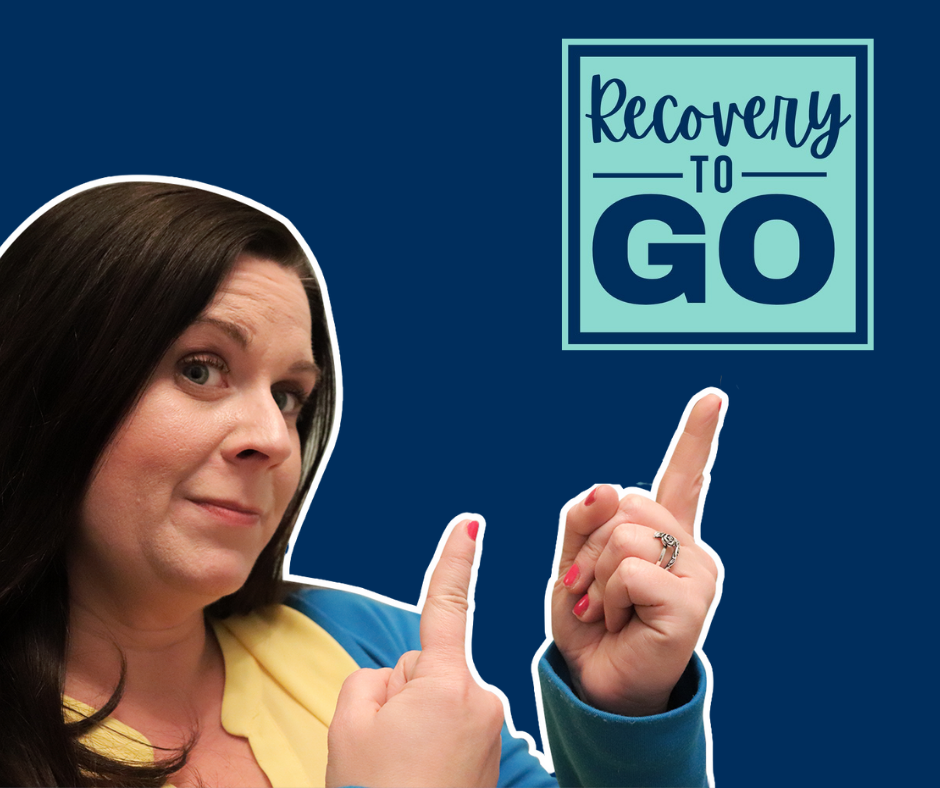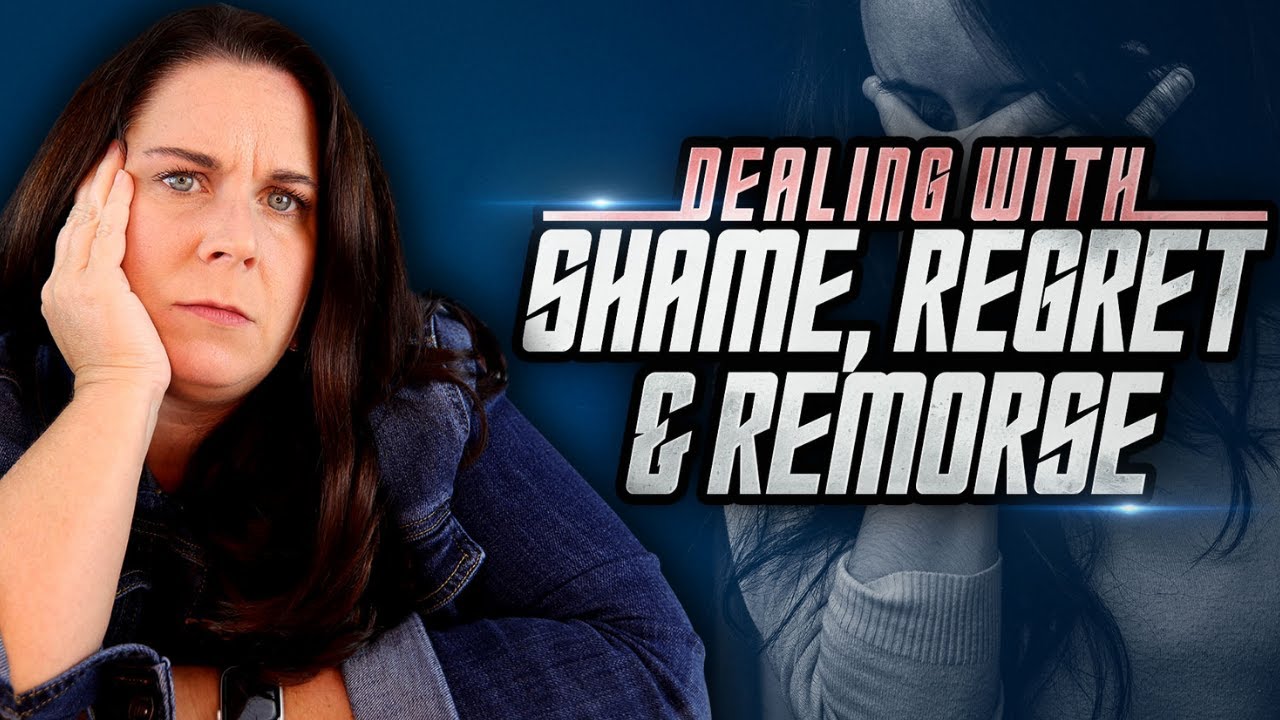3 Steps To Rebuilding Self-Esteem in Early Recovery
How do you rebuild your self-esteem in the early recovery process? Many of you have been asking for me to address the issue of self-esteem.
I'm going to give you three actionable steps that you can take to build your self-esteem and your self-confidence in a way that will last.
Where does bad self-esteem come from?
Some people think that drug or alcohol addiction is a direct result of bad self-esteem, and I guess, in some situations, it could be. But when you have a drug or alcohol problem, it will result in bad self-esteem.
The reason that happens is you behave in ways that you usually wouldn't because of the addiction. You violate your boundaries in ways that you usually wouldn't. You let go of things that are important to you. You hurt people you care about, and the result is feeling horrible about yourself.
It's hard to dig out of the hole of addiction when you feel terrible and crappy about yourself.
Think about it as being in a relationship with somebody that's abusive. What's one of the things that always happens? The abuser starts attacking the self-esteem of the other person.
Guess what? Addiction has attacked your self-esteem and your self-confidence.
It's one of the significant ways it keeps you stuck. It's probably an even more substantial factor than detox, withdrawal, or the psychological part of addiction. It's the self-esteem part. It's the self-worth? Am I worth more? Can I do better? Do I have what it takes to overcome addiction?
Why self-esteem is important?
If you're struggling, a good place to start is to build your self-esteem. Building your self-esteem gives you the strength, tools, courage, and belief that you can win this battle. It's a winnable battle. So let's get started on building that self-esteem and confidence.
The first thing to think about is the idea that when you have bad self-esteem, you stop taking care of yourself. Deep down inside, you feel like you're not worth it. You're not good enough. You're not going to do these good things anyway. Not taking care of yourself can come in many, many forms.
Maybe you let your hygiene or your appearance go. Have you stopped taking care of your house or your car? Let's face it. When you're in active addiction, it's really difficult to manage all of the life stuff and manage your daily upkeep. Ultimately those things fall off the priority list.
If you've found yourself in this situation where you've been treating yourself badly and allowing bad habits to take over your life, you've got to reverse this cycle.
Reversing the cycle
The first easiest step you can take to help you feel better about yourself is to start taking care of yourself. Maybe you start with something simple. Get up, get dressed, and fix your hair & makeup.
It could be you're going to make your bed or clean your car. Any of these small things is a big, big help to you.
You generally feel better immediately. So maybe that can be one of your early recovery goals.
Taking of yourself in these small ways goes a long way to helping you feel better.
Irrational thinking patterns
The next step, step number two you'll need to take to build your self-esteem and confidence, is to address your negative self-talk. That little voice in your head telling you you're crappy, you can't, you'll never amount to this. You don't have what it takes.
Start thinking about that little voice in your head, like an abusive relationship.
When you hear those negative, self-talk thoughts, confront them. When you allow yourself to go down that rabbit hole, what you're doing is letting yourself off the hook, and you're not holding yourself accountable for doing and accomplishing all the things that, you know, deep down inside that you could if you just tried.
If you're telling yourself you can't help it, guess what? You can't help it. It becomes your truth and your reality.
Another couple of negative self-talk statements that you might fall into are thinking to yourself, "I always blank" or "I never blank." Anytime you're thinking or saying "always" and never using black and white thinking, it's rarely true. If you want to say, "I often" or "I regularly," that's ok. It's probably not true that you always oversleep or you always say the wrong things. Confront these negative thinking patterns.
The Takeaway
You have to hold yourself accountable for dealing with the things you struggle with.
The first step to doing that is to know that you can do that, which leads me to my third step of addressing self-esteem.
Address your expectation of yourself and others.
You have to raise the bar on your expectations because guess what? You get out of life what you're looking for, you get out of life what you expect.
Amber Hollingsworth
Our Recovery-To-Go program is a community built around helping you address these types of situations.
If you are thinking about getting recovery or you're in early recovery, our 30-day Jumpstart program is 100% free and will help you jumpstart your recovery self-esteem process.
This is the third and very important step in building your self-confidence and self-esteem.




